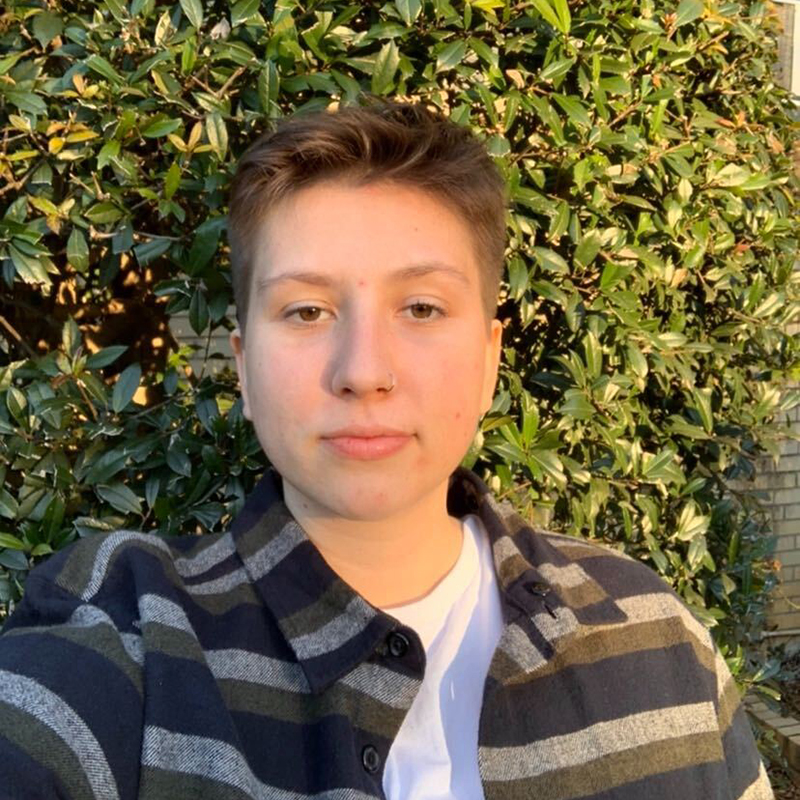I Had to Emergency Evacuate From a California Fire: Here’s What I Learned
Indi Howeth
|September 18, 2020
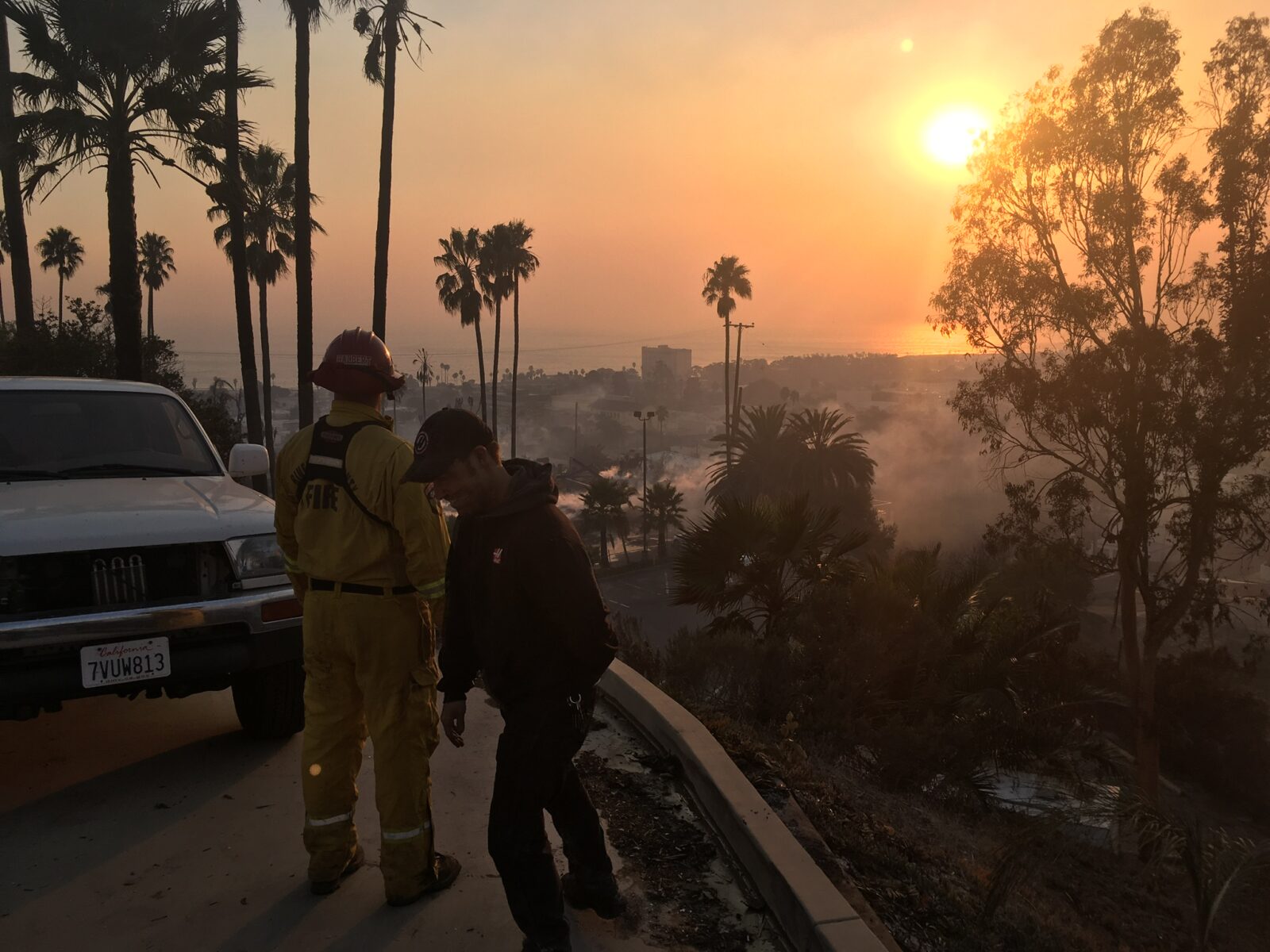
Part I
It’s the spring of ‘09 when I first learn about climate change. My 4th grade teacher has tasked our class with writing a report about a local climate-related problem. I choose Ocean Acidification as my topic because I can’t imagine a world without the California beach I’ve grown up 5 minutes away from. It takes a minute, but even for my eight-year-old brain, the science isn’t ungraspable: humans release CO2 and other greenhouse gases into the atmosphere which traps heat and does a bunch of other bad things like make the ocean acidic.
With all my eight-year-old might, I profess:
“We must stop polluting the earth or it will be uninhabitable for our grandchildren!” I’m only eight-years-old, so taking on creating a liveable planet for my grandchildren seems difficult, no doubt, but very, very far-off and thus, maybe, just maybe: doable.
Part II
It’s the winter of 2017 when I first truly understand climate change. It’s around 11pm on a school night of my Junior year of high school when I wake up to the sound of Dad talking to our neighbor at our front door. This seems odd. I’m trying to make out the words…”wanted to let you know…fire…might evacuate…close…fire…fire…FIRE!” Realizing what is happening, I jump out of bed. Dad instructs Mom- who’s also woken up- and I to pack a bag. I throw some essentials in my backpack- toothbrush, couple shirts, pair of pants, sweatshirt- and rush down the hallway, through the door, down the driveway and to the car.
Pause. That’s when I notice. The sky is a violent orange, sirens wail in every direction, ash rains down the size of quarters and I am convinced: I have woken up to the apocalypse. I turn to my right and gaze up. Towering above the three-story house directly behind ours are the tips of the biggest flames I’ve ever seen. Everything is moving so fast, no one is thinking clearly.
We’re in the car. I’m staring through the back window at what might be the last time I ever see everything I have ever known in my entire life. That’s what emergency evacuation is like. That’s climate change.
“Dad, I think we need to leave…like…now.”
I run inside, hastily grab our family photos and that’s it. We’re in the car. I’m staring through the back window at what might be the last time I ever see everything I have ever known in my entire life. That’s what emergency evacuation is like. That’s climate change.
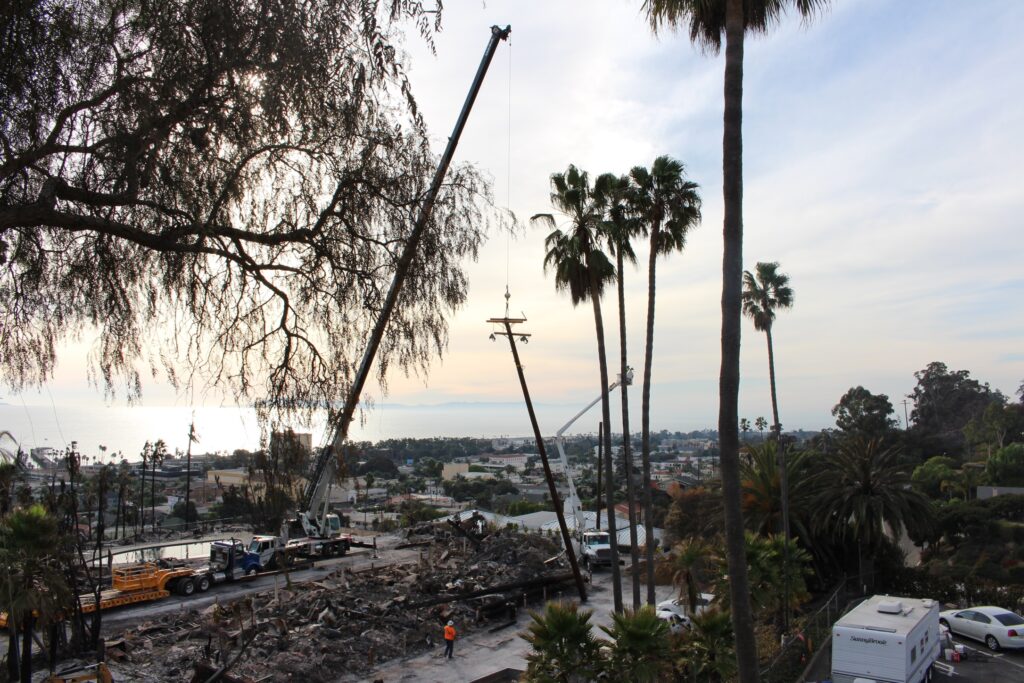
In the days that follow I discover that while the fire has burned almost everything around our home, miraculously, our house has survived. Still, the air quality is unbreathable, our gas and water don’t work and some of the buildings around us that burned down have released decades-old asbestos (a chemical that causes cancer). That is to say, we spend Christmas that year, and two months in total, in hotels.
I don’t usually like to think or talk about this in detail. It’s uncomfortable to admit that I went through something traumatic. For months afterwards, it was even hard to admit that to myself. As humans, we like to think of ourselves as invincible. Because not being invincible is scary. Because death is scary. I think that’s a big reason why people don’t really like to talk about climate change…or admit that what 97% of scientists agree on is even real. The only thing scarier than our individual death is our collective death: the idea that one day humanity as a whole will cease to exist. That’s a really uncomfortable thought. It’s scary. But that feeling is necessary to confront because otherwise, we have no chance of proving it wrong.
The only thing scarier than our individual death is our collective death: the idea that one day humanity as a whole will cease to exist.
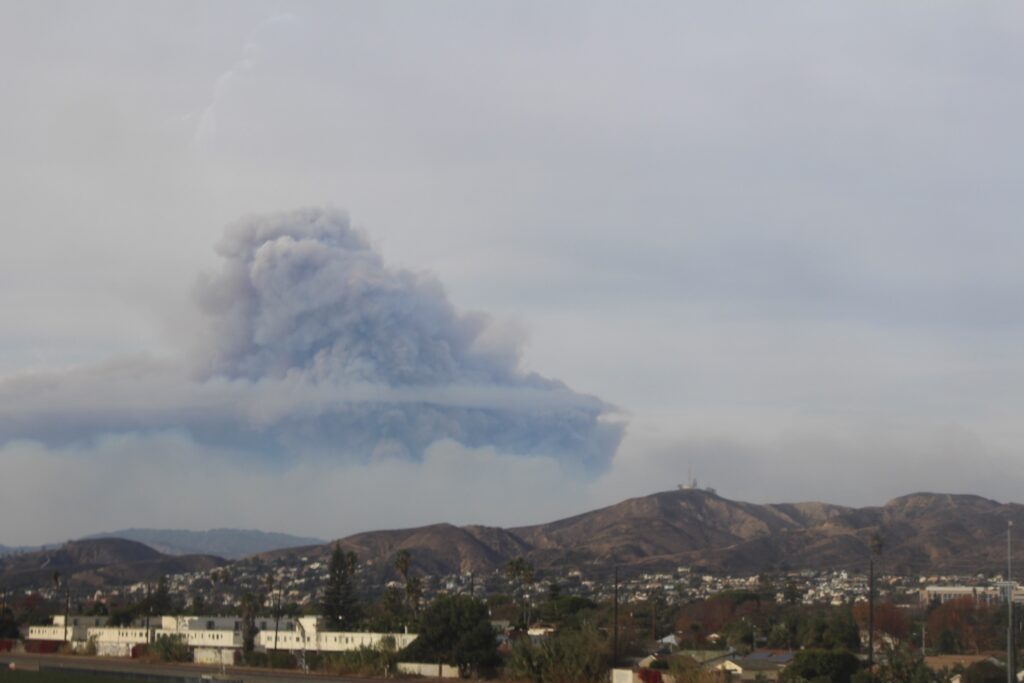
Part III
It is in the year 2020 that we need to have a serious reckoning with how we think and talk about climate change. When I was eight, I preached about saving this planet for my grandchildren- for future generations. But I was only copying what I’d heard and read from adults. I didn’t understand that I, myself, was someone’s grandchild. My generation is the future generation everyone’s been worried about protecting the planet for. We are the generation facing life in a world altered by climate change. Climate change is not some far-off future issue- climate change is happening now. And I’m hardly the person who’s being first or most affected by it.
During the same fire I evacuated from, emergency information was only made available in English, even though the city I’m from has a really big native Spanish speaking population. Imagine there’s a massive fire in your town and you have no access to any of the emergency information- when to evacuate, where to evacuate, or what to do after you evacuate. At the same time, our community’s undocumented folks had no access to federal aid. Where did they stay when their house burned down? When their air was unbreathable? When they had no gas or water? Where did they get the money to live in a new place? What health effects did they sustain? What kind of mental toll did all of this take on them? When it comes to climate change: accessibility to resources literally means survival. BIPOC (Black, Indigenous, people of color) communities and the disproportionate adverse effects they are currently facing from climate change should not be talking points in a debate. These are real people with full lives on the line. Why is any of this debatable?
When it comes to climate change: accessibility to resources literally means survival.
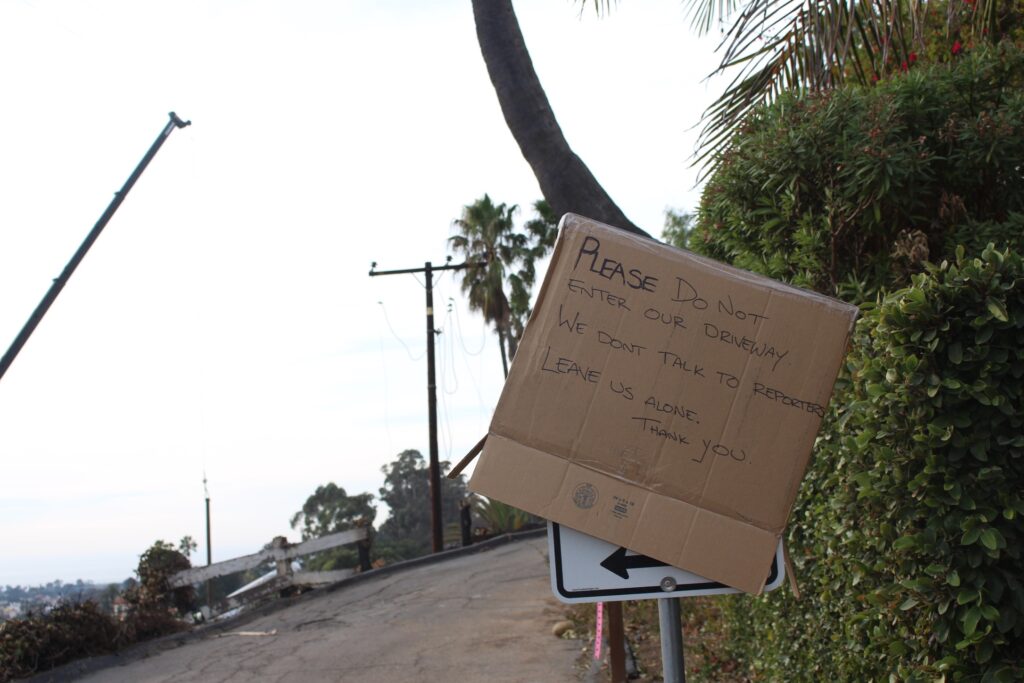
Part IV
None of us can save the whole world and I promise, I’m not asking you to. But we need to completely change the conversation. We are debating all of the wrong questions:
- If climate change is happening
- If humans are causing it
- If we can afford to tackle climate change
We don’t have time for those questions. We should be debating not if, but how:
- How we tackle climate change
- How we make room in the budget to do so
- How we make climate change our priority
When we see another extreme weather event on national news- more fires in California, yet again, or another hurricane in the South it’s easy to just put it out of our minds and go on like everything is normal. But if you haven’t faced an extreme weather event yet…you will.
Climate Change is happening now. Like right now. Let’s get to talking about what we can do about it before it’s the middle of the night and we’re driving away with a backpack full of clothes as we await the world to be engulfed in flames.
Want to read more? Check out the ACE Blog.
Join our Youth Action Network
More Blog Posts

Unnatural, Not Unprecedented
For two weeks, residents of Southern California endured a waking nightmare. Parents raced against time – hurrying down the driveway …
Read MoreCrafting a Vision for the Future: My Experience at LCOY USA 2024
Dry and sunny Tempe, Arizona where temperatures have been over 100 F for 113 consecutive days, delegates gathered to attend …
Read More
7 Ways to Weatherproof Your Home on the Cheap (+1 Not-So-Cheap)
As colder weather sets in, understanding how to weatherproof your home is key to maintaining warmth and reducing energy costs. …
Read More
